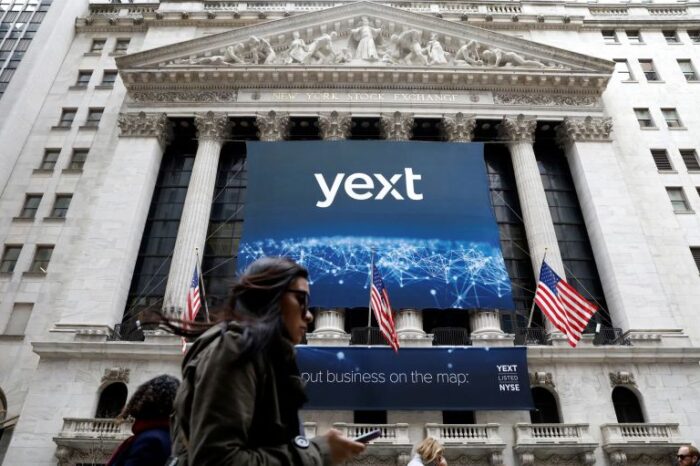“AI is in a Bubble:” OpenAI CEO Sam Altman compares AI hype to the Dot-Com crash

Even as OpenAI edges toward a staggering $500 billion valuation, Sam Altman is warning that the artificial intelligence boom may be overheating. Speaking with reporters last week, the OpenAI CEO didn’t shy away from calling it what many in Silicon Valley whisper about: a bubble.
In an interview with The Verge published Friday, Altman said,
“When bubbles happen, smart people get overexcited about a kernel of truth,” he explained. “If you look at most of the bubbles in history, like the tech bubble, there was a real thing. Tech was really important. The internet was a really big deal. People got overexcited. Are we in a phase where investors as a whole are overexcited about AI? My opinion is yes. Is AI the most important thing to happen in a very long time? My opinion is also yes.”
AI Bubble Fears Grow as OpenAI’s Sam Altman Echoes Dot-Com Era Warning
Altman’s comments echo the late 1990s dot-com era, when the Nasdaq shed nearly 80% of its value as internet companies collapsed under the weight of speculation and weak business models. He isn’t alone in voicing concern.
Alibaba co-founder Joe Tsai, Bridgewater Associates’ Ray Dalio, and Apollo Global Management’s chief economist Torsten Slok have all raised alarms about runaway enthusiasm. Slok went further, arguing that today’s AI bubble may even be bigger than the internet bubble, pointing to stretched valuations of the top S&P 500 companies.
Not everyone is buying the doomsday talk. Ray Wang, research director at Futurum Group, told CNBC that AI and semiconductor markets still have solid fundamentals. The problem, he added, is the flood of speculative money chasing shaky startups—creating “pockets of overvaluation.”
“From the perspective of broader investment in AI and semiconductors… I don’t see it as a bubble. The fundamentals across the supply chain remain strong, and the long-term trajectory of the AI trend supports continued investment,” Wang told CNBC.
The warnings come as fears of an AI bubble hit fever pitch earlier this year after Chinese startup DeepSeek claimed it had trained a large language model for under $6 million—far less than the billions spent by U.S. giants like OpenAI. The announcement sparked skepticism but underscored how quickly investor sentiment can swing when new players enter the field.
For OpenAI, the stakes are higher than ever. The company is on track to surpass $20 billion in annual recurring revenue, though it remains unprofitable. Its latest GPT-5 model rolled out earlier this month to mixed reviews, with some users complaining it felt less intuitive. The backlash was strong enough that OpenAI restored access to GPT-4 for paying customers.
Altman, once a vocal champion of artificial general intelligence, is now striking a more cautious tone. Speaking with CNBC, he questioned whether “AGI” is even a useful term anymore, suggesting that the industry’s obsession with it may be misplaced. “I mean, maybe an AI is in three years. That’s a long time,” he said when asked if he expected to still be OpenAI’s CEO.
Still, investor faith hasn’t wavered. CNBC confirmed Friday that OpenAI is preparing a $6 billion secondary stock sale that would peg its valuation at $500 billion. Back in March, the company announced a $40 billion funding round at a $300 billion valuation—the largest in history for a private tech firm.
Altman’s remarks also stretched beyond bubble talk. He hinted at expansion into consumer hardware, brain-computer interfaces, and even social media. He also said OpenAI could spend “trillions” on data centers in the not-so-distant future, and suggested that if regulators ever forced Google to sell Chrome, OpenAI would be interested in buying.
The paradox is hard to miss: OpenAI is flush with cash, still growing at breakneck speed, and yet its chief executive is cautioning that parts of the industry look eerily familiar to the dot-com frenzy. Whether that bubble bursts—or fuels the next trillion-dollar wave—remains the trillion-dollar question.




